Sous-total : DH 95,00
The Inferno
د.م. 70,00 – د.م. 135,00
"L'Enfer" est un roman philosophique qui incarne la lutte de l'homme moderne contre l'isolement et l'aliénation. À travers un trou dans un mur d'hôtel, le héros du roman observe la vie des autres, pour s'immerger dans des contemplations existentielles sur la liberté, la culpabilité et le désir. Barbusse révèle avec audace la nudité de l'âme humaine et ses contradictions, montrant que l'enfer n'est pas un lieu mais un état d'incapacité à communiquer. Le style narratif intense et le langage poétique font de cette œuvre une expérience de lecture inoubliable. Le roman convient aux amateurs de littérature profonde qui défie l'esprit et le cœur. 🔥窟🤔
Description
The novel “L’Enfer” by the French writer Henri Barbusse is considered one of the profound literary works that discusses isolation and existential alienation. Its events revolve around a hero who lives in a simple hotel in Paris, where he discovers a hole in the wall that allows him to observe the lives of his neighbors. Through this hole, he witnesses moments of love, betrayal, and pain, which prompts him to reflect on human nature and existence. The novel offers a scathing critique of society and traditional moral norms, while exploring the duality of desire and repression, and freedom and responsibility.
Barbusse’s narrative style relies on the inner monologue, which makes the reader immerse themselves in the hero’s constant thinking and struggles. The book raises existential questions about the meaning of life and guilt, and shows how “hell” is not a physical place, but a psychological state resulting from isolation and loss of connection with others. The novel is considered a pioneer in modern literature, and has influenced philosophical currents such as existentialism, where it links literary narrative and deep psychological analysis.
The novel is characterized by a rich poetic language, despite the harshness of the topics it deals with. It shows the details of the characters’ daily lives with excessive realism, which makes the reader see a reflection of human weakness and contradictions. Barbusse does not aim to issue moral judgments, but to reveal the raw truth of the human psyche, even if it is painful. This approach makes the work a literary masterpiece that challenges the reader to reflect on their own nature.
The transformation that the hero goes through, from a passive observer to a being who understands the depth of his loneliness, is considered one of the most exciting elements in the novel. He discovers that observing others has only brought him more misery, and that the real hell is the loss of the ability to live with honesty and freedom. The unexpected ending leaves a deep impression, and reminds us that salvation may lie in abandoning prejudices and opening up to life.

 The Journey of Being Human: Is It Possible to Find Real Happiness in Ordinary Life?
The Journey of Being Human: Is It Possible to Find Real Happiness in Ordinary Life? 






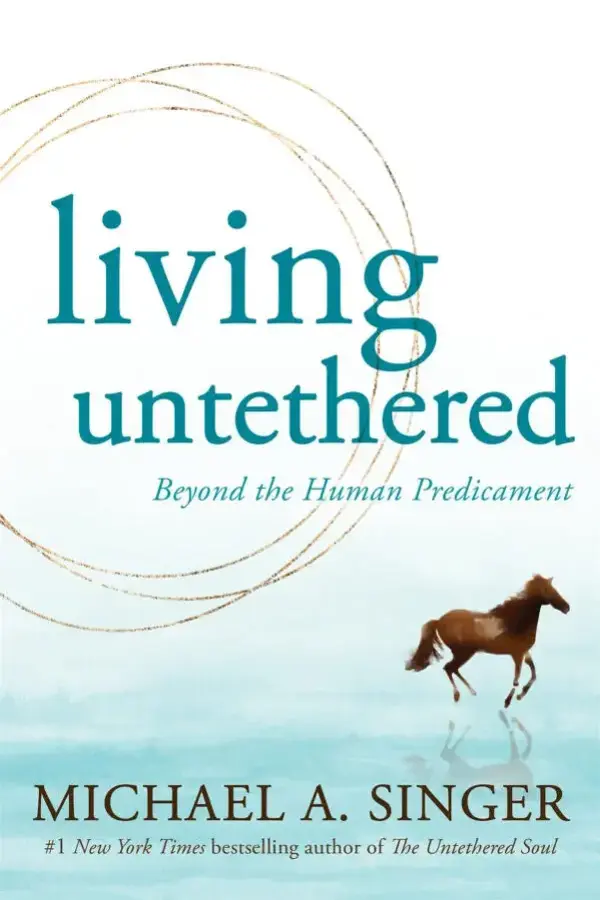

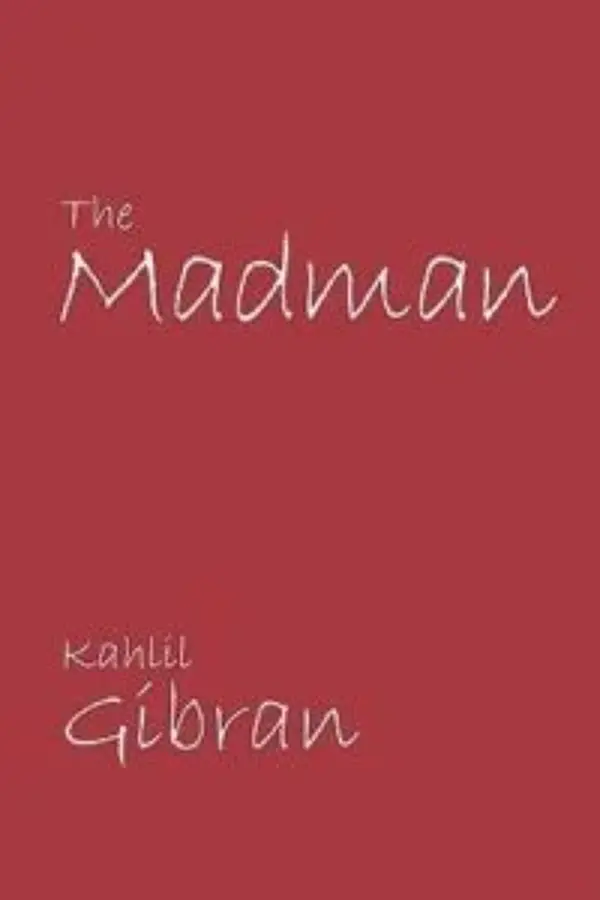

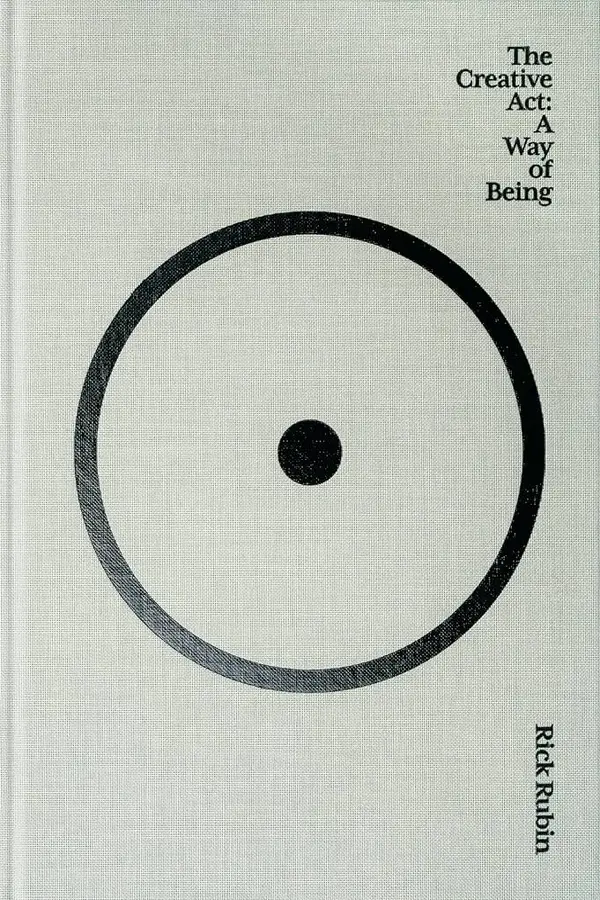





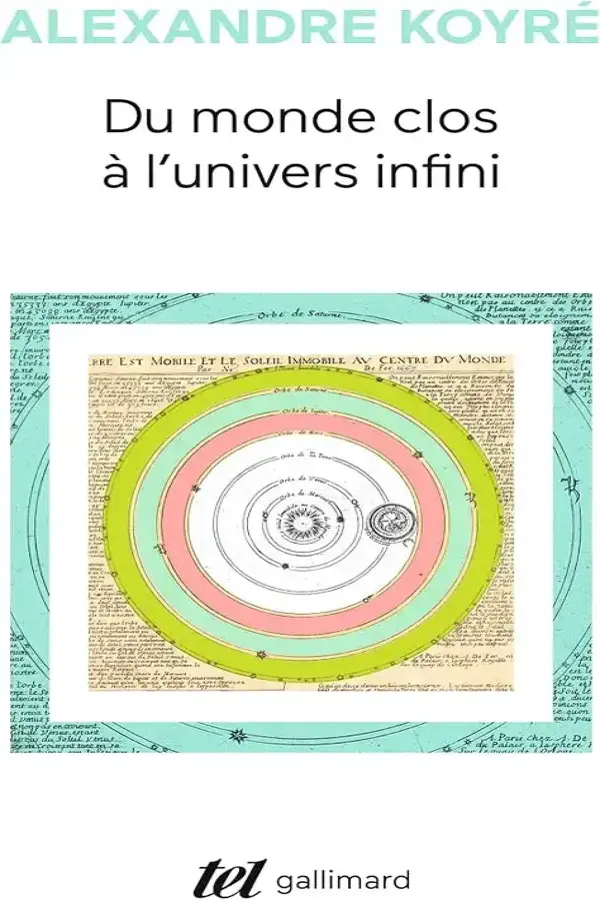
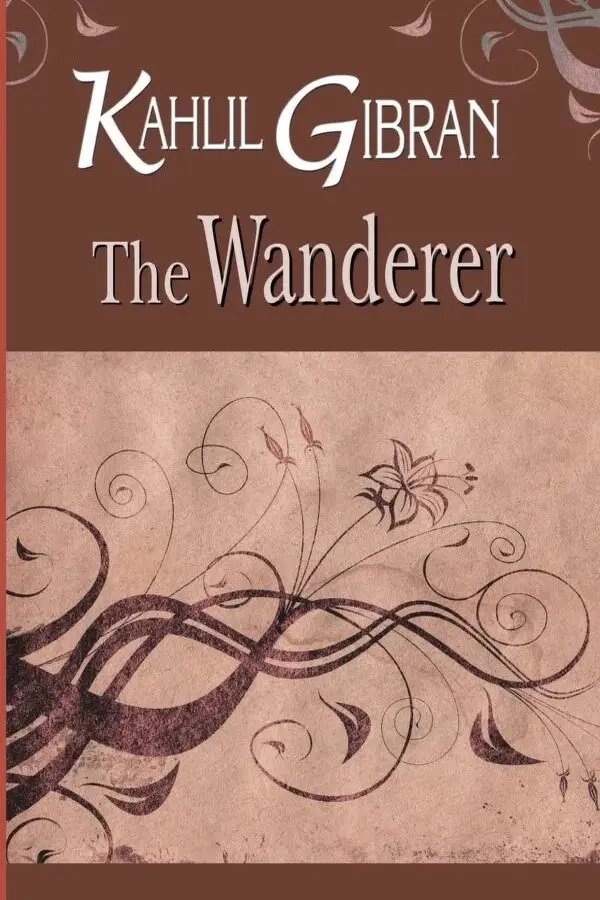




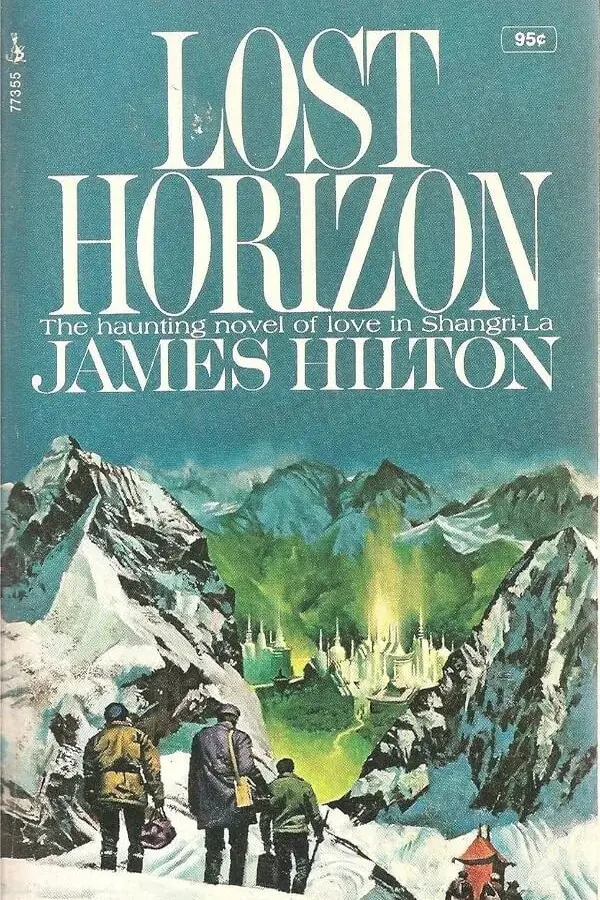


Avis
Il n’y a pas encore d’avis.